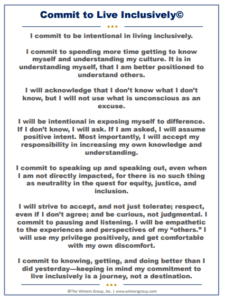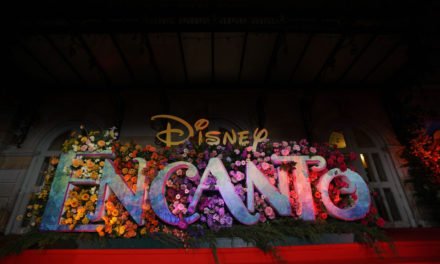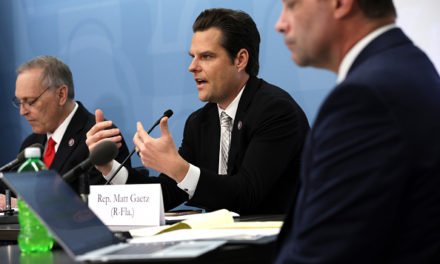
Last week, we kicked off the new year by sharing The Winters Group’s pledge to Commit to Live Inclusively. As with many new year resolutions, if you’re not intentional in refreshing your commitment and developing a plan to act upon it, you can easily find yourself stagnant or disengaged. In an effort to hold ourselves accountable to the pledge and support you in fully committing to live inclusively, we’ll be taking a closer look at different sections of the pledge over the next few weeks, and providing resources to support you in accomplishing its goal.
Today, we examine the first few lines:
I commit to spending more time getting to know myself and understanding my culture. It is in understanding myself, that I am better positioned to understand others. I will acknowledge that I don’t know what I don’t know, but I will not use what is unconscious as an excuse.
It is not uncommon for us to underestimate the role of self-understanding in living inclusively. We tend to view being inclusive through the lens of how we treat and understand others, without fully embracing the necessity in how we treat and understand ourselves. One of my former professors used to always remind me and my peers: “You are the most important tool in you D&I toolkit.”
Perhaps, Eleanor Roosevelt’s quote sums it up best:
You must try to truthfully understand what makes you do things or feel things. Until you have been able to face the truth about yourself you cannot be really sympathetic or understanding in regard to what happens to other people.
As we shared, last week, Mary-Frances Winters recently finished her new book, We Can’t Talk About That at Work! A Guide to Bold, Inclusive Conversations. In it, she encourages readers to ask themselves some of the following questions when broadening one’s self-understanding:
- Who am I culturally?
- Where did I grow up? What was the culture of my community growing up?
- What did I learn about right/wrong, good/bad growing up?
- What are my values and beliefs and how have they changed over time?
- If I had to describe a cultural community to which I belong, what would I say?
- What is my cultural identity?
- How does my cultural identity shape who I am and how I think?
- What is my mindset about difference?
- Taking the Intercultural Development Inventory can you support you in answering this.
- What are my biases?
- Completing the Implicit Association Test may help you in truly understanding your blind spots.
Make it a point to ask yourselves these questions sometime this week, and reflect on your responses as a step towards being more intentional in your commitment to live inclusively.



















